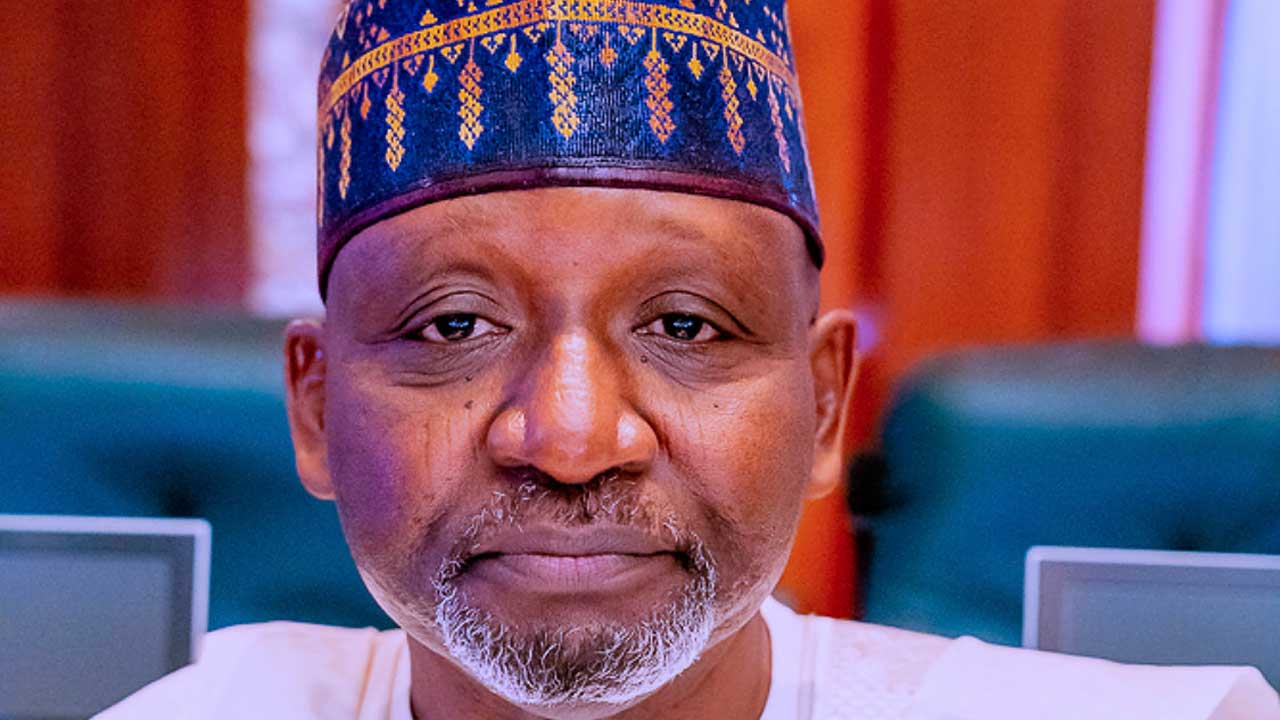Policy inconsistency, duplication of regulatory functions, infrastructure deficit, insecurity, inadequate human capacity and low investment are among critical factors highlighted as obstacles affecting growth of inland water transportation and associated businesses in the country.
Other issues identified are substandard barges and boats, inadequate equipment at jetties, high cost of operations, currency devaluation and under-exploitation of the waterways transport sector.
These problems as well as some possible solutions were explored at the maiden edition of the Chartered Institute of Logistics and Transport (CILT) Maritime Mode Workshop with the themed ‘Optimisation of Inland Waterways Transport in Nigeria’ held in Lagos.
The Chairman of the House Committee on Waterways, Patrick Asadu, observed that the country has reached the point where it could no longer neglect or ignore the potential of inland waterways transportation.
He said the inland waterway transport sector is largely undervalued, underfunded, under-exploited and faced with other issues such as insecurity, inadequate human capacity and logistics, uncharted channels, lack of fleet maintenance and renewal.
Asadu, who was represented by a member of the House of Representatives, Babatunde Hunpe, highlighted other issues that have challenged the growth of inland water transportation and associated businesses in Nigeria. These, he said, include policy inconsistency, regulatory and interagency overlaps, misconceptions about water transport and the absence of critical infrastructure.
He said while the other modes of transportation in the country have almost collapsed under the severe strain of issues bordering on insecurity, infrastructure deficit and lack of investment among others, there is a need to revive interest in the waterways transport sector to attract the needed investments and remain operational most efficiently and sustainably.
Asadu described inland waterways transport as a major catalyst for social and economic integration, commerce, agriculture, human capital index development and lower emissions.
Asadu, however, proposed a holistic development model to guide governments and private investors towards leveraging areas of comparative advantage and harnessing low-hanging fruits in the sector.
The Executive Secretary of Nigeria Shippers’ Council (NSC), Emmanuel Jime, said inland waterways play an important role in the maritime ecosystem and are pivotal to the economy if adequately harnessed, especially as 28 of the 36 states of the Federation are linked by water.


